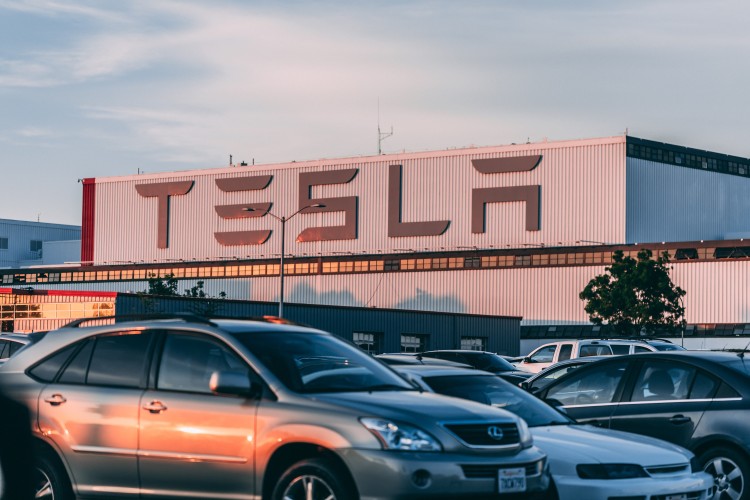Why Could Tesla’s Case Help to Improve ESG Ratings
Tesla Inc.

We love Tesla and think Elon is certainly a 'funny guy.' But is he being fair, attacking ESG ratings so fiercely? The news of Elon Musk's stinging attack on S&P global ratings after Tesla was demoted from the ESG 500 index was all over the internet last week. Here are some points we would like to raise.
Does Mr. Musk have a point when claiming “Tesla is doing more for the environment than any company ever did” and thus deserves to be amongst the ESG leaders? Read more about this in our recent article. The answer is not that simple.
While we recognise Mr. Musk's concerns, it is important to note that ESG encompasses not only a company's environmental impact but also its social and governance performance. Simply put, ESG ratings attempt to assess the broader impact of a company's actions on the overall welfare of its stakeholders.
Here are some interesting aspects to consider:
Kimbal Musk on Tesla’s board: as per Tesla's website, the board's duty is "to serve as a prudent fiduciary for shareholders and to oversee the management of the company's business”. Anyone would be tempted to ask how placing Elon Musk’s brother Kimbal on the board of directors adds to the board’s independence, particularly when it comes to evaluating the CEO performance.
Director’s liability insurance paid by Mr. Musk: Another noteworthy point to mention from Tesla's proxy statements is the non-renewal of the Directors and Officers (D&O) insurance policy, which covers the liabilities of the directors, for instance, legal fees for negligence. It is striking that Tesla has chosen not to extend this insurance, instead Mr. Elon Musk has chosen to cover these costs himself. It is natural to be concerned about the implications of this unusual decision on D&O's integrity, as one of its goals is to provide a certain level of director independence from the CEO.
Board compensated by substantial equity: There are several ways the boards of directors can be compensated. Tesla has chosen a cash-to-equity structure - while it may not be unusual, looking at the company's case from a broader perspective, the question we should be asking ourselves is to what extent can the equity participation influence the board’s supposed independent position.
Several Federal violation records: When looking at Tesla's social performance, the Federal violation records raise concerns. Tesla has paid a lot of penalties in the past for a variety of wrongdoings, including Mr. Musk's SEC penalties for his bizarre Twitter posts and environmental penalties.
Ethical standards allegations: There have been various discussions concerning Tesla's ethical standards. While Mr. Musk dismisses the allegations as "rumours" intended to harm the company, it is fair to say that they are deeply worrying, as they include concerns about worker treatment in several Tesla factories, as well as a serious allegation published in Bloomberg Businessweek about Mr. Musk attempting to destroy a whistleblower.
Tesla is unquestionably a fascinating company! Its visionary leadership has contributed significantly to the world's shift to renewable energy. However, it is fair to state that Tesla is not without flaws, particularly in terms of social and governance impact. Also, while acknowledging the steps Tesla has taken to limit the environmental impact of its lithium-ion batteries, we should address doubts about the company's absence of a carbon strategy and the significant emissions associated with lithium and cobalt mining.
Yet, as we recently expressed in our article titled The Issue with ESG Ratings, we sympathise with Mr. Musk and even share some of his opinions on the dishonesty of ESG Ratings. At the same time, rather than hiding behind excessive criticism, which only polarizes ESG conversations, we'd want to see Tesla take more responsibility for its shortcomings and make the necessary adjustments. Perhaps we could leverage this topic to advocate for improvements to the current ESG Rating methodologies so that radical innovators like Tesla are more explicitly recognised, rather than having oil and gas companies ranked as the 'sustainability leaders'.
Source: KnowESG






